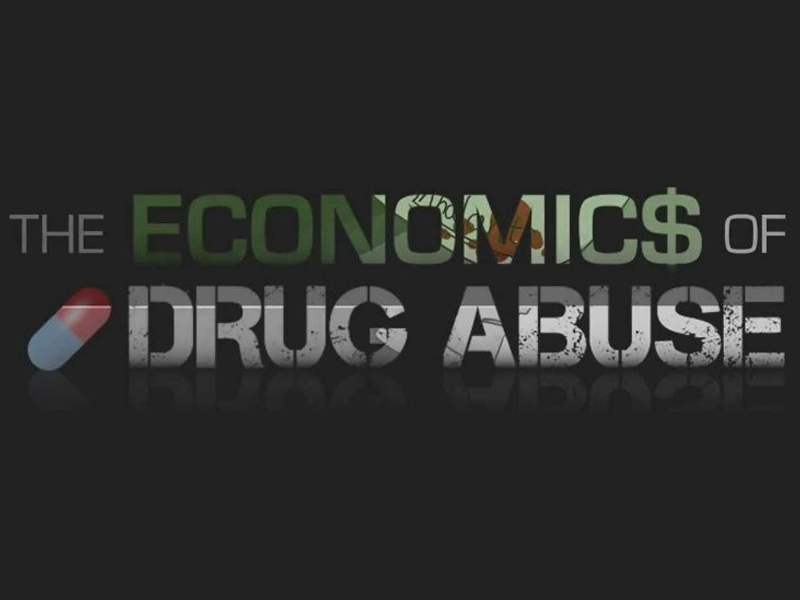Unraveling the economic impact of drug addiction

- 156
- 0
Drug addiction is a pervasive societal issue that extends far beyond its immediate health implications. While the health-related consequences of drug abuse are well-documented, the economic impact remains a critical facet that requires deeper exploration.
This article endeavors to delve into the intricate web of economic repercussions stemming from drug addiction, examining its effects on individuals, families, and the broader fabric of society.
- Economic Toll on the Individual:
Lost Productivity and Income: Drug addiction often disrupts an individual's ability to maintain consistent employment, leading to job loss or reduced productivity. This, in turn, translates into a direct economic setback as individuals struggle to secure and maintain employment.
Healthcare Expenditures: Substance abuse takes a toll on an individual's health, resulting in increased healthcare expenditures. The costs associated with medical treatments, rehabilitation programs, and potential hospitalizations contribute significantly to the economic burden on the addicted individual.
Legal Consequences and Fines: Individuals battling drug addiction frequently find themselves entangled in legal issues. Legal consequences, including fines and legal fees, add another layer to the economic strain faced by those grappling with substance abuse.
- Economic Impact on Families:
Financial Strain: Families of individuals struggling with drug addiction bear a substantial economic burden. The costs of supporting rehabilitation efforts, medical treatments, and potential legal expenses often deplete family finances, leading to financial strain and instability.
Lost Income and Productivity: Similar to the impact on individuals, families may experience lost income and productivity as a consequence of a loved one's addiction. The need for additional support, caregiving responsibilities, and potential disruptions in employment contribute to these economic challenges.
Education Expenses: The pursuit of treatment and rehabilitation often necessitates significant financial investments. Families may need to redirect funds from education budgets to address the immediate needs of the addicted family member, impacting the educational opportunities of other family members.
III. Societal Economic Consequences:
Healthcare System Costs: The strain on healthcare systems is palpable, with increased demand for addiction-related services and treatments. This surge in demand places additional stress on public healthcare resources, resulting in increased costs for society as a whole.
Reduced Workforce Productivity: A workforce grappling with drug addiction contributes to reduced overall productivity. Absenteeism, workplace accidents, and decreased efficiency all contribute to a less productive and economically vibrant society.
Crime-Related Costs: Drug addiction often leads to criminal activities, further burdening the criminal justice system. Costs associated with law enforcement, legal proceedings, and incarceration create a substantial economic drain on society.
In conclusion, the economic impact of drug addiction is a multifaceted issue that reverberates through individual lives, family units, and society at large. Addressing this complex challenge requires a comprehensive approach that integrates effective prevention strategies, accessible treatment options, and support systems for affected individuals and their families. Recognizing and understanding the economic consequences of drug addiction is essential in fostering a society that is not only healthier but also economically resilient.
Published in The Daily National Courier, January, 26 2024
Like Business on Facebook, follow @DailyNCourier on Twitter to stay informed and join in the conversation.

















































